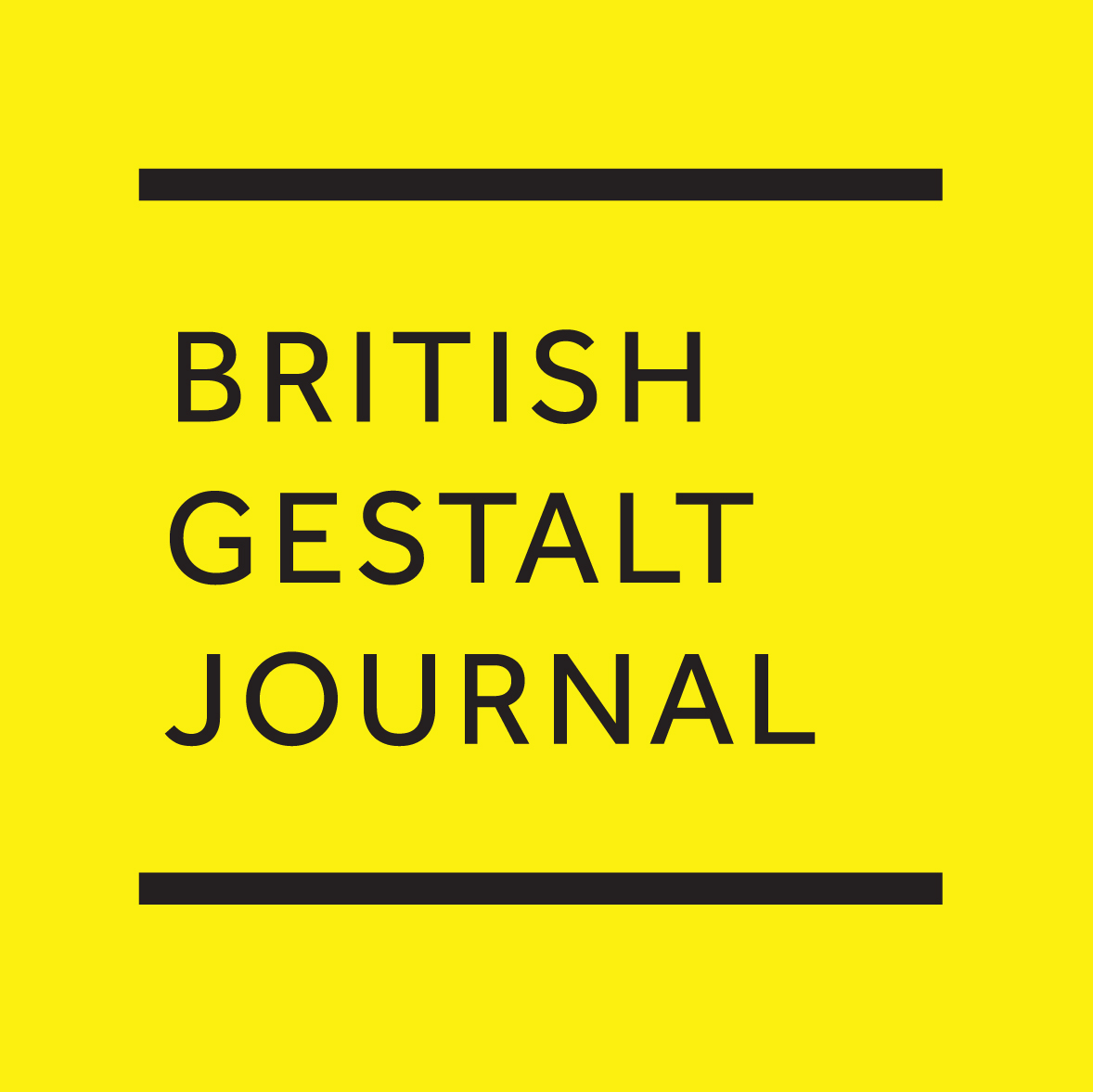Volume 25, 1 (2016)
Volume 25, 1 (2016)
CONTENTS
Editorial - Christine Stevens
In memory of Kenneth Evans: a tribute - Maria Gilbert
Dialogue and experiment - Gary Yontef and Friedemann Schulz
Working with whole intelligence in organisation development and change: making meaning, creating context, increasing impact - Kiran Chitta
What do Gestalt therapists do in the clinic? The expert consensus - Madeleine Fogarty, Sunil Bhar, Stephen Theiler and Leanne O’Shea
In his own voice
An interview with Malcolm Parlett - Christine Stevens
Letters to the Editor
Appreciating Ken Evans and honouring his loss - Maggie Maronitis
Large groups, larger challenges. A response to Adam Kincel - Birgitte Gjestvang
Book reviews
Eros, interconnection and creating conditions for life to flourish. A review of Future Sense by Malcolm Parlett - Sally Denham-Vaughan
Who cares about self-care? A review of Self-Care for the Mental Health Practitioner by Alfred J Malinowski and Competence and Self-Care in Counselling and Psychotherapy by Gerrie Hughes - Sarah Paul
A woman’s perspective. A review of Catch the Message edited by Adriena Feckova and Jay Levin - Di Hodgson
Opinion
Fear and the inner child. How we adopt fears in our early years and then spend our lives trying to deal with them - Yaro Starak
Dialogue and experiment - Gary Yontef and Friedemann Schulz
Abstract: This paper discusses the compatibility of Martin Buber’s dialogic method and active Gestalt therapy interventions, which are called experiments. The authors trace a brief history of the distinction between different psychotherapy systems which focus on the therapeutic relationship on the one hand or on active behavioural interventions on the other. They submit Gestalt therapy as a modality that integrates these seeming polarities, and they discuss the theoretical and practical consistency between the dialogic method, Gestalt therapy’s change theory (‘the paradoxical theory of change’), the phenomenological method, and Gestalt therapy experiments. It is the authors’ opinion that Gestalt therapy experiments do not aim for preset behavioural goals, but that they are in complete alignment with Gestalt therapy’s dialogic attitude. A definition of the term Gestalt therapy experiment is given, and its different uses are illustrated. The concept of resistance is examined in light of Gestalt therapy’s treatment philosophy. Indications as well as cautions regarding the use of Gestalt therapy experiments are outlined and different types of experiments, including specific examples, are provided.
Key words: Gestalt therapy, dialogic method, experiments, paradoxical theory of change, contact, awareness.
Working with whole intelligence in organisation development and change: making meaning, creating context, increasing impact - Kiran Chitta
Abstract: This article shares my perspective on Malcolm Parlett’s ‘five explorations’, described in his book Future Sense (2015). Parlett presents the concept of whole intelligence, or ‘whi’, as he has named it, as ‘an holistic and inclusive general concept, which attempts to gather together a number of valued human qualities and varieties of capability’ (p. 19). The five explorations help to reveal and nurture whole intelligence. As an organisational psycholo- gist using both theoretical and experiential lenses to reflect on Parlett’s ideas, I conclude that:
1. Whole intelligence has profound implications and potential for global impact within the context of organisational change – a thesis evidenced firstly by placing Parlett’s ideas alongside related theories and then placing the explorations within my practice.
2. For the five explorations to achieve impact within the world of work they need a supporting infrastructure, to be better codified and amplified in a hyper-competitive market for manage- ment concepts.
Key words: Whole intelligence, five explorations, responding, interrelating, embodying, self- recognising, experimenting, organisation development, change.
What do Gestalt therapists do in the clinic? The expert consensus - Madeleine Fogarty, Sunil Bhar, Stephen Theiler and Leanne O’Shea
Abstract: What it is that Gestalt therapists do in the clinic that is different from other therapists? What is it, in other words, that makes Gestalt therapy Gestalt, and distinguishes it from other psychotherapeutic modalities? This article describes the process of finding an expert consensus about these questions as part of the process of developing a ‘fidelity scale’ for Gestalt therapy. Using a Delphi study, eight key concepts that characterise Gestalt therapy were identified, together with the therapist behaviours that reflect those concepts.
Key words: Gestalt, fidelity scale, Delphi study, developing awareness, working relationally, working in the here and now, phenomenological practice, working with embodiment, field sensitive practice, contacting processes, experimental attitude.

